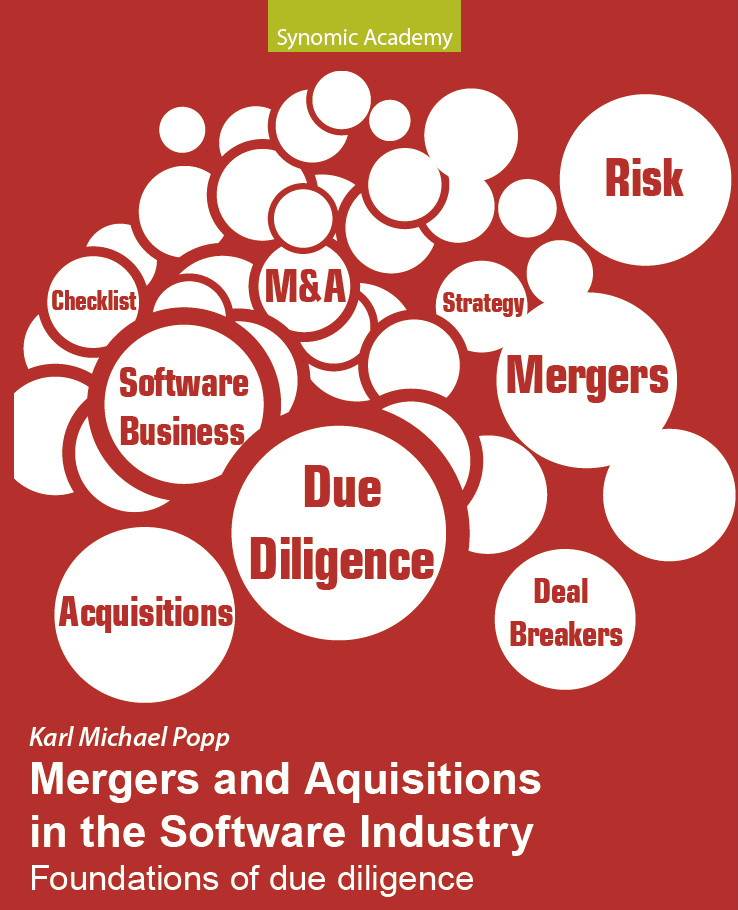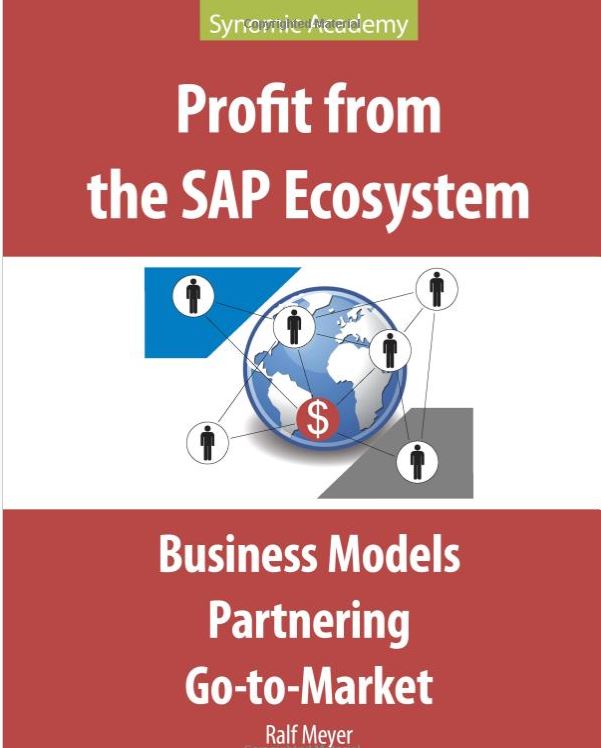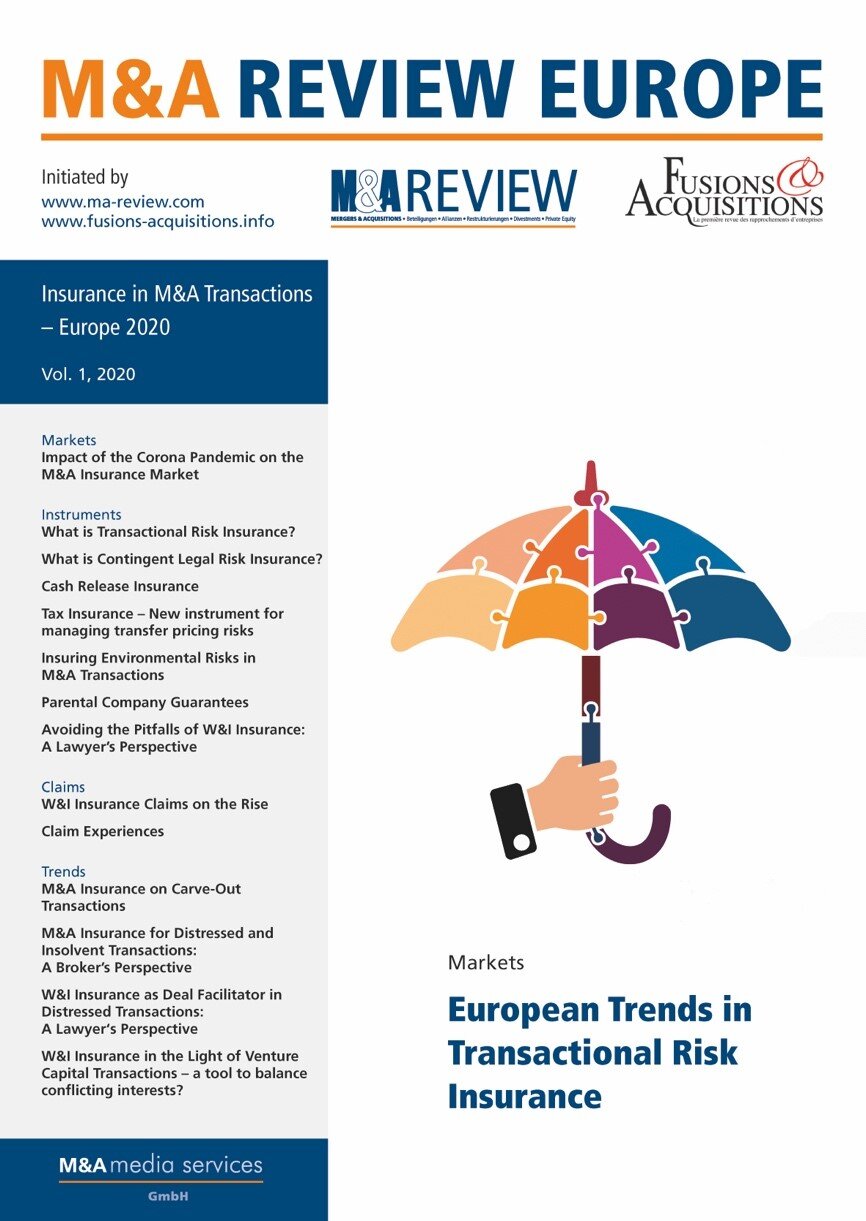How Automatic Translation Can Streamline Mergers and Acquisitions
How Automatic Translation Can Streamline Mergers and Acquisitions
Mergers and acquisitions are complex business transactions that involve numerous documents and communications between parties. One challenge that arises during M&A processes is the language barrier, particularly when dealing with companies from different regions or countries. Enter automatic translation.
The use of automatic translation tools has been steadily increasing in recent years, and for good reason. These tools are able to quickly and accurately translate large quantities of text, making them invaluable for companies involved in mergers and acquisitions.
One way automatic translation can be used during mergers and acquisitions is for due diligence. During this stage, companies need to review and analyze a vast array of documents, including legal contracts, financial statements, and employee agreements. With automatic translation, these documents can be quickly translated into the desired language, allowing for faster and more efficient due diligence.
Another area where automatic translation can be useful is in communication between parties. When negotiating the terms of a merger or acquisition, there may be language barriers that can slow down or complicate the process. Using automatic translation, businesses can easily communicate with one another, ensuring that negotiations run smoothly and are not hindered by language barriers. It's worth noting that while automatic translation tools are incredibly helpful, they should not be relied on exclusively. These tools are not perfect and may make errors, particularly when dealing with colloquial language or technical jargon. It's important to have a human translator review important documents to ensure accuracy and avoid misunderstandings.
In conclusion, automatic translation can be a valuable asset for companies involved in mergers and acquisitions. By streamlining communication and simplifying due diligence, these tools can help businesses complete transactions more efficiently and effectively.









